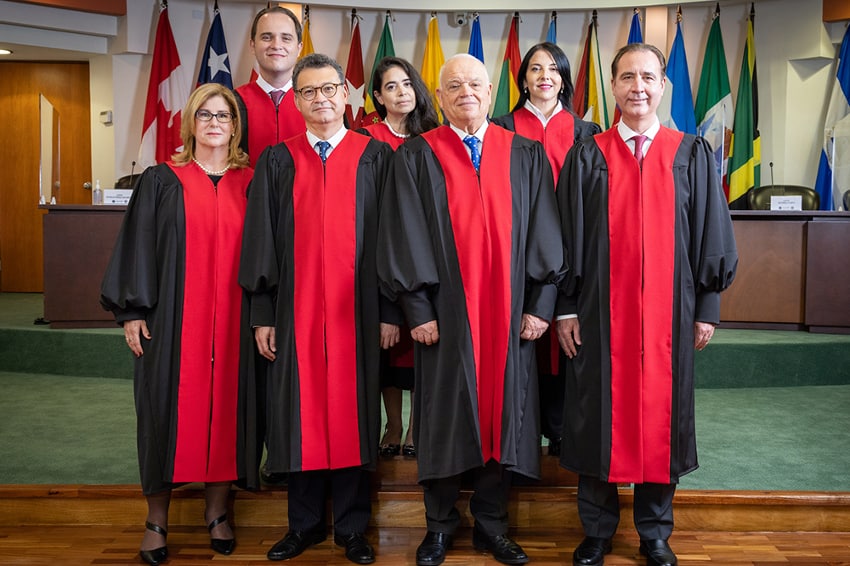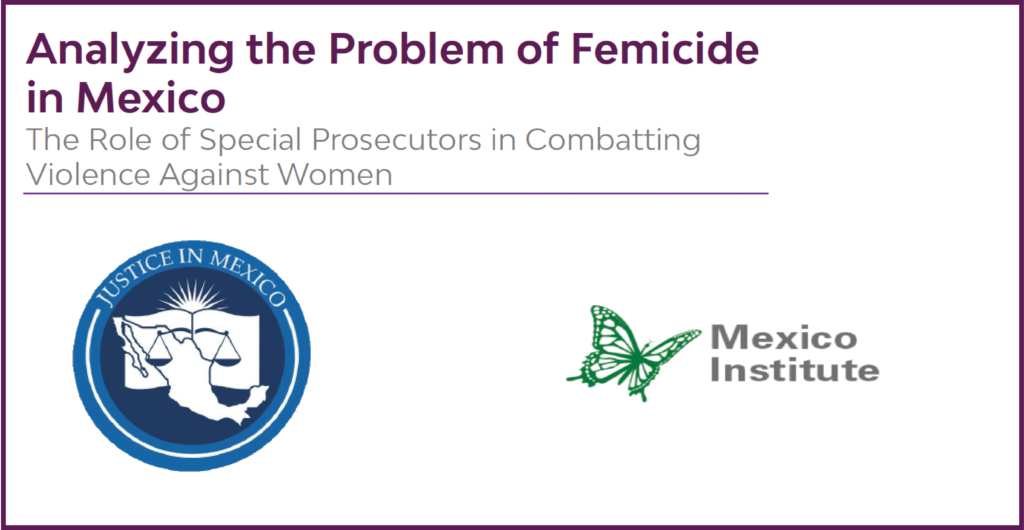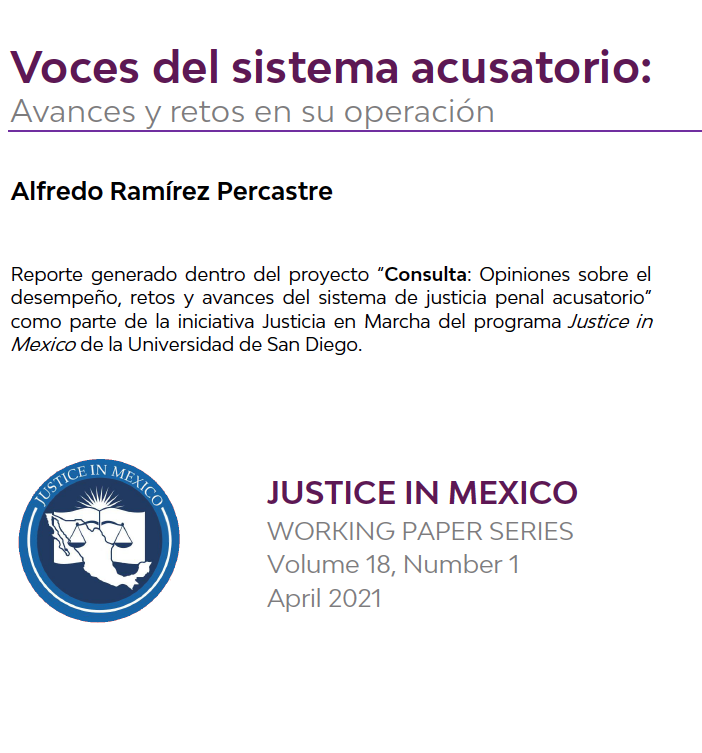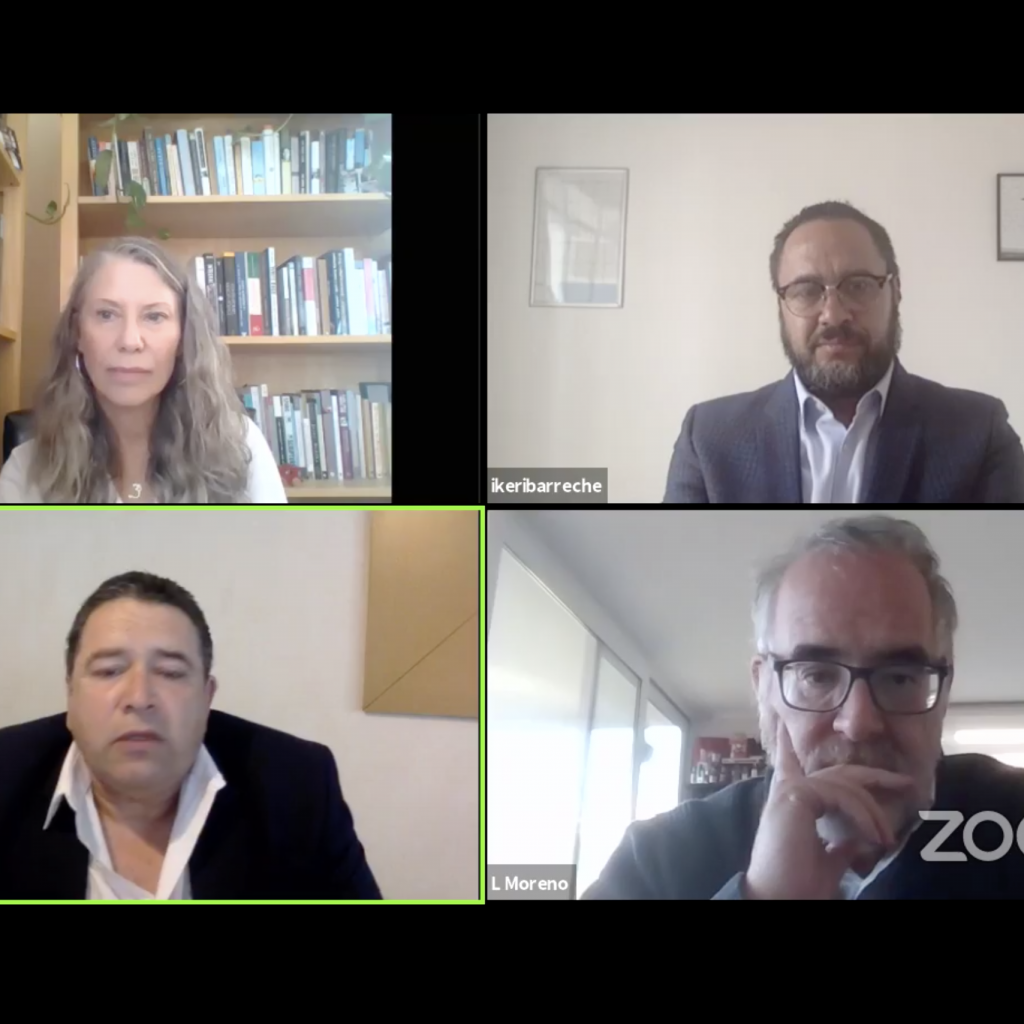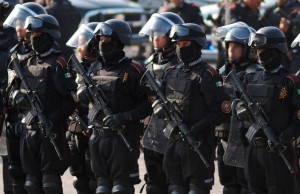
12/11/14 (written by sramirez) — President Enrique Peña Nieto announced on Thursday, November 27 his proposal for anew security planthat would include dissolving municipal police forces and placing them under state police, among other reforms that stimulate economic development. Although rallying support from the President’s Institutional Revolutionary Party (Partido Revolucionario Institucional, PRI) and other prominent government officials, overwhelming criticisms of the proposal arose. President Peña Nieto himself admitted that the route the government chose to transform the security and justice system would be “challenging” to complete, reports CNN México, and it appears many other Mexican voices agree.
Of the criticisms received, many of President Peña Nieto’s suggested that the measures have already been debated or are currently being debated in Congress. However, strong juxtaposing opinions have prohibited some reforms from being passed as legislation, and eight of these 14 measures do require Congress’ endorsement. The measures have also generated negative reactions from civil organizations that look at the proposals with skepticism. Organizations such as Amnesty International and Human Rights Watch, for example, labeled the proposal as superficial “cosmetic changes” that will ultimately be insufficient in avoiding human rights abuses such as those that transpired in the events of Ayotzinapa in September.
Public figures such as Father Alejandro Solalinde, who is a defender of human rights and immigrants and who declared that he had information that the 43-normalista students disappeared in Ayotzinapa had been assassinated, also criticized the proposal on his Twitter account. “The captain is still fixated on navigating a ship that the people are tired of rowing. #GlobalActionForMexico,” reports CNN México. Carlos Navarrete, the national leader of the opposition party, the Party of the Democratic Revolution (Partido del la Revolución Democrática, PRD), stated that the reforms lacked necessary components, and that his party would help in the discussion of them. “The measures announced today through EPN are a mandatory first response to the situation that the country is in. They aren’t complete, but they are on the right track,” said Navarrete, quoted in CNN México. “They still need to be completed, particularized, extended, and defined on how and when. There are subjects that aren’t present and others that fall short. We will soon evaluate the 10 points in detail and make suggested proposals. We will participate in Congress.” More critical of the proposals, the Senate leader of the National Action Party (Partido Acción Nacional, PAN) has signaled that the proposals do not resolve the grave problems of justice that Mexico suffers. “It should not have remained a meditative and electoral message. There is no change in the Cabinet, it has not called upon any civil servant to take responsibility,” said Jorge Luis Preciado, quoted in El País.
As to the economic reforms, the enterprise sector received Peña Nieto’s proposals with some reservations. The President of Mexico’s Employer Association (Consejo Coordinador Empresarial), Gerardo Gutiérrez Candiani, while agreeing that the states in which President Peña Nieto focused on—namely Guerrero, Oaxaca, and Michoacán—are important, believes that rest of the Mexican states also in need of an economic boost to better their security to guarantee that investments are safe, writes El País.
Furthermore, political analysts remain skeptical as to how dissolving municipal police and creating a unified state police will eliminate inefficiency and the “entangled relationship in between corrupt authorities and Mexican cartels,” questions BBC Mundo, which also notes that the actual procedure of unification is also rather convoluted. In the same article, analyst Alejandro Hope added “It is not clear if they are talking about eliminating 1.800 municipal police or passing them over to state police. It is not the same.” Further criticisms arise over the constitutional change that would allow the federal government and the executive branch the power to dissolve local governments accused of infiltration by drug trafficking. Also, some argue that this centralization of power that the federal and executive branches would be given could ultimately be more harmful than helpful, writes BBC Mundo.
The Peña Nieto administration hopes that this plan will mark the start of a new chapter befalling the crisis of the 43 missing students in Iguala. “After Iguala, Mexico must change,” President Peña Nieto admitted. Supporters of the reforms state that the proposals will help administrations to overcome problems with police inefficiency and justice overall. However, those in opposition of the reforms believe that the proposals do not reach the center of the problem of corruption and impunity in Mexico.
Sources:

